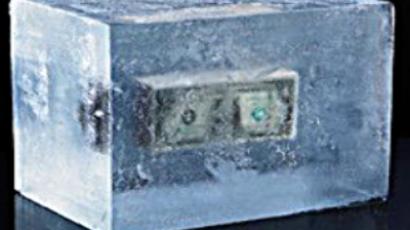Tallinn 'Memorial' rioters put on trial
Four activists charged with organising riots in Tallinn last spring are standing trial in the Estonian capital. The men are accused of instigating violence in the city following the decision to relocate a Soviet War memorial. If found guilty the defendant
Three Estonian men and the leader of Russia’s Nashi youth movement in Estonia deny the charges. The Estonians led the Night Watch movement, dedicated to guarding the monument from relocation.
They say the trial is a political show, something Estonian authorities strongly deny.
Eight months later, and Nashi in Russia still defend their colleagues' actions in Estonia.
In April 2007, violent mass protests erupted in Tallinn following the government's decision to remove, and rebury the remains of Soviet soldiers who died driving the Nazis out of the Baltic state in 1944 buried beneath.
The riots led to looting, arson and clashes with police. One Russian was killed. Up to a thousand were arrested, and dozens were injured.
The Estonian government moved the monument and the remains of 13 soldiers to a military cemetery on the outskirts of Tallinn.
Both sides have been blaming each other for the trouble.
The chaos in Tallinn blurred the boundaries of victim and perpetrator. Many say the Russian who died was actively taking part in the violence.
And this is further complicated by the historical debate. For Russians, the monument was a tribute to those who liberated Estonia from the Nazis. Their memory is desecrated by its relocation. For Estonians, it symbolises the start of 40 years of Soviet occupation.
Konstantin Beloruchev, a political analyst from the Moscow state University told us this trial is too steeped in historical ideology to avoid becoming political.
“For each side its actions support its vision of past. This trial brings the 'problem of the Bronze soldier' back. Because the Estonian community itself wasn't united about this relocation. The more severe is the sentence the more difficult Russian-Estonian relation will be,” Beloruchev said.
Now the Bronze Soldier is a graphic reminder of the aggravated relations between Russia and Estonia.
And while the trial might bring those behind last year’s violence to justice, it is unlikely to lay these tensions to rest.













